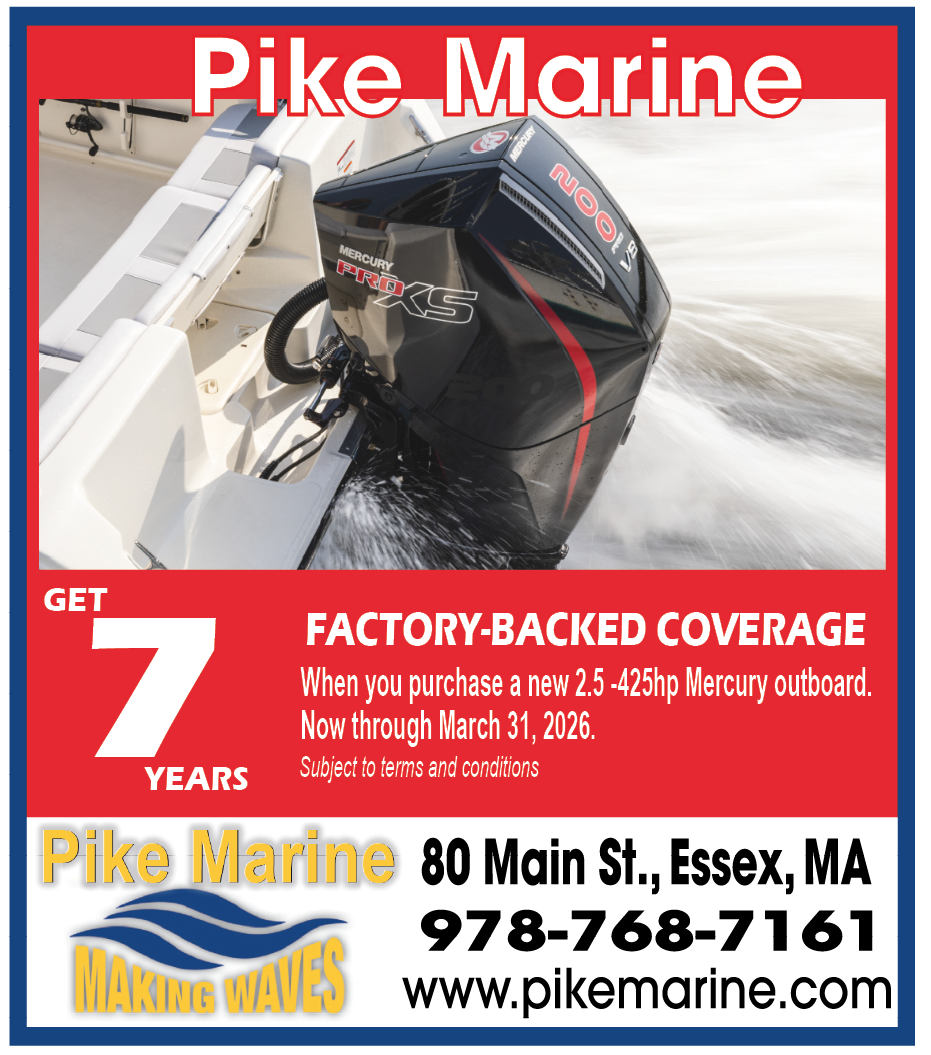A recent U.S. News & World Report featured seven pages of information on dentistry. Although I was surprised that most of the information was accurate, as the media often skews the facts to make a point, there were a few things that I felt needed clarification.
The first article highlights the fact that 75% of adults have some form of periodontal disease. This is true. It also mentions many of the known facts with regards to gum disease and systemic health. One of those is that uncorrected gum problems can make it more difficult for diabetics to control their blood sugar, and in turn worsen their gum problems. This is also true.
With regards to brushing, the article states, “Scrubbing with fluoride toothpaste robs oral bacteria of sustenance.” This is true to some extent but the term “scrubbing” is not completely accurate. Proper brushing technique with either a very soft manual toothbrush or good electric toothbrush is a more accurate description. Also, fluoride, in and of itself, is not truly anti-bacterial. Although it is felt that its anti-cavity action is related mainly to effects on mineral phases of teeth and on the process of remineralization (strengthening enamel), research does show that fluoride also has important effects on the metabolism of bacteria in dental plaque. There are other ingredients in toothpastes with and without fluoride that are more anti-bacterial, but it is the removal of plaque manually that is most important, even without toothpaste.
With regard to electric toothbrushes, the article insinuates that “basic” and “cheap” ($7) models are as effective as more expensive models. This is false. Although you do not have to buy the most expensive model available, there is a huge difference in effectiveness between a $7 battery-operated toothbrush and a $70 wall-charged one.
The article states, “Only floss can reach below the gum-line.” This is not completely true. Proper toothbrush technique gets below the gum-line on two sides of the teeth. Floss is important for removing debris between teeth. A water pik is probably most effective for cleaning the non-brushable areas in the mouth.
For combating bad breath, the article’s first suggestion is to “brush your tongue.” Although it mentions the use of a tongue scraper, it only states the use of this device if your toothbrush makes you gag. The fact of the matter is that a tongue scraper is 100% more effective in removal of the nasty bacteria on your tongue. If the toothbrush makes you gag so will the tongue scraper. One trick is to scrape your tongue while you are exhaling.
An article in the report entitled, “21st-Century Dentistry” highlights the use of lasers in treating gum problems. The beginning of the column gets you revved-up to believe that this is the best thing since sliced bread, but the end of the article states differently. “It is unlikely to fully replace traditional gum surgery anytime soon. The laser therapy isn’t demonstrably superior to surgery, researchers recently reported in the Journal of Periodontology.”
To be continued…….
Dr. St. Clair maintains a private dental practice in Rowley and Newburyport dedicated to health-centered family dentistry. He has a special interest in treating snoring, sleep apnea and TMJ problems. If there are certain topics you would like to see written about or questions you have, please email them to him at jpstclair@stclairdmd.com




